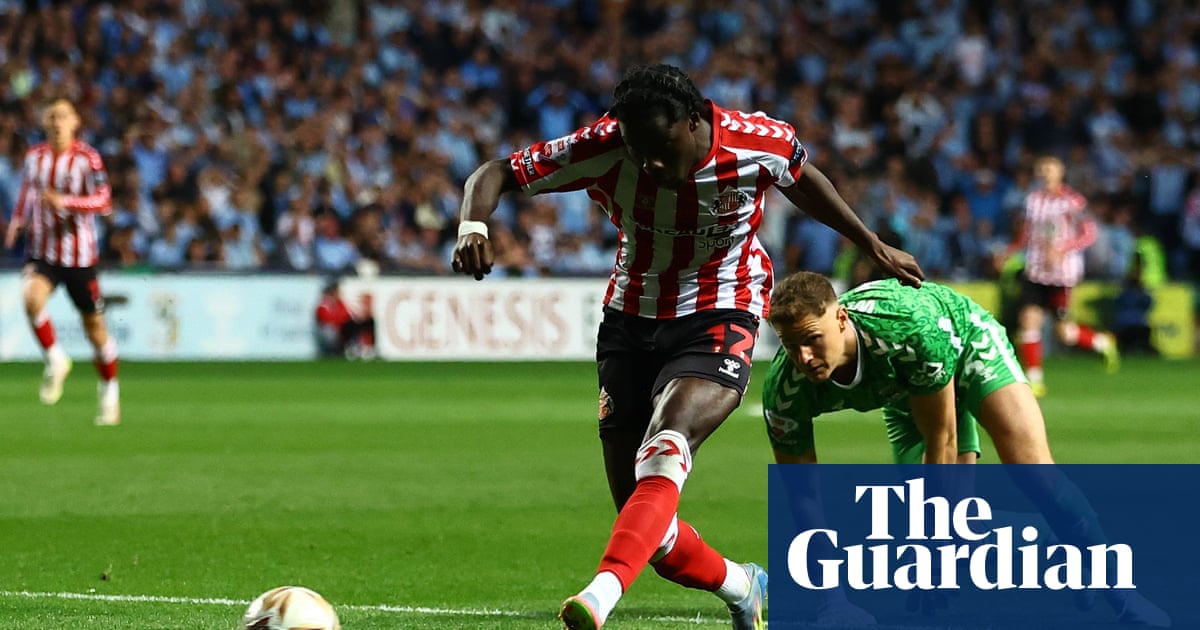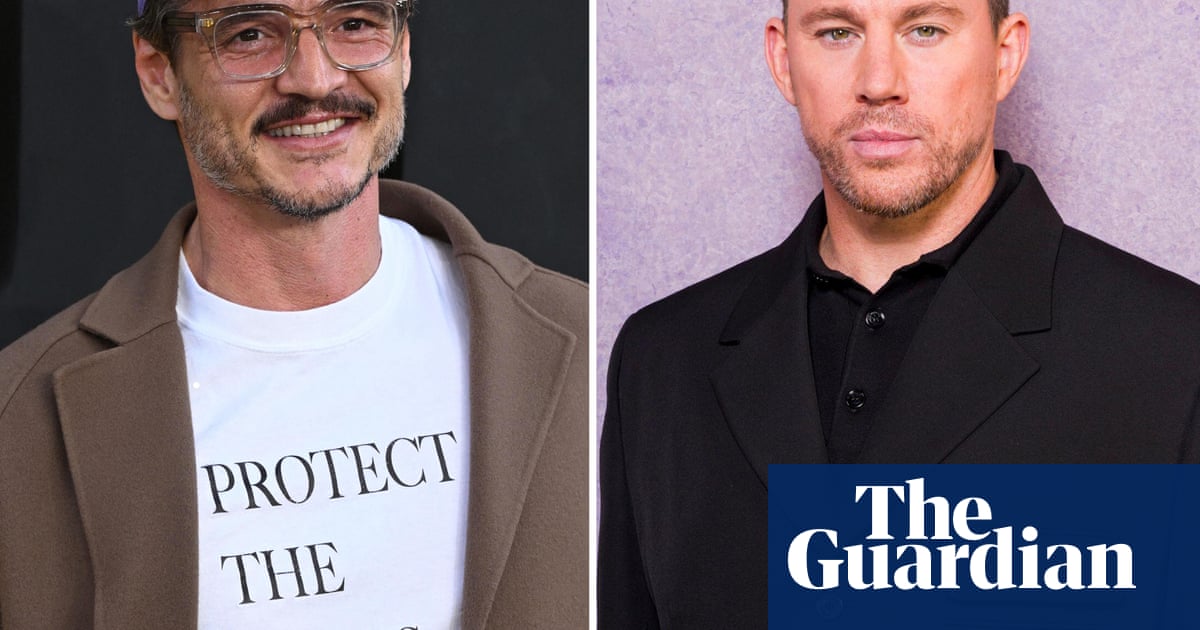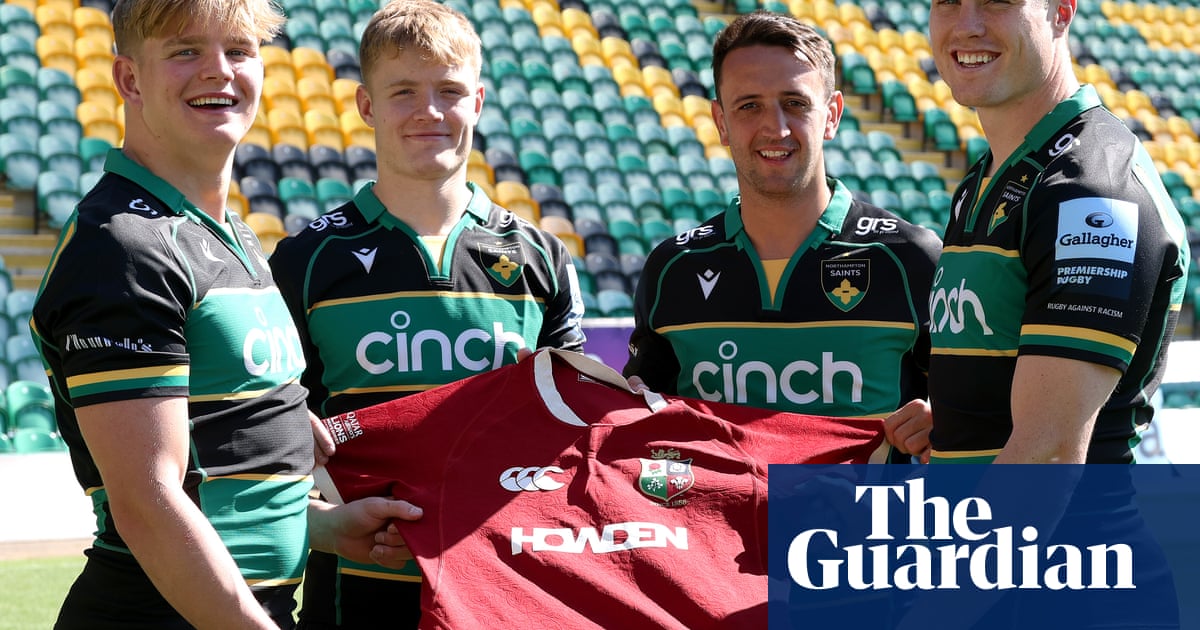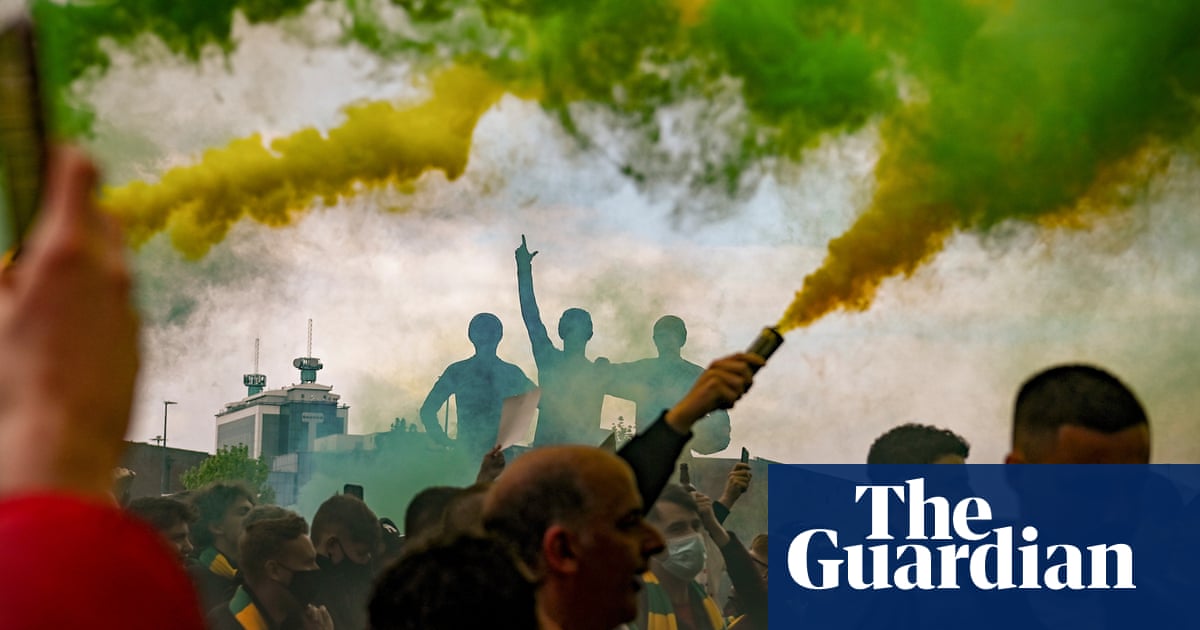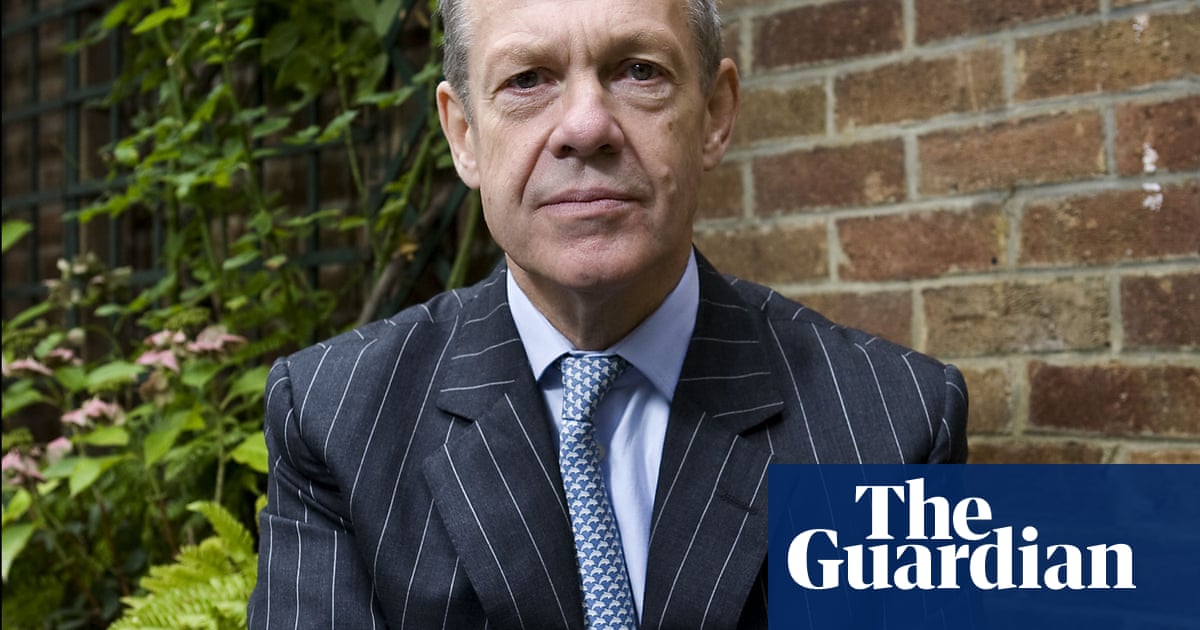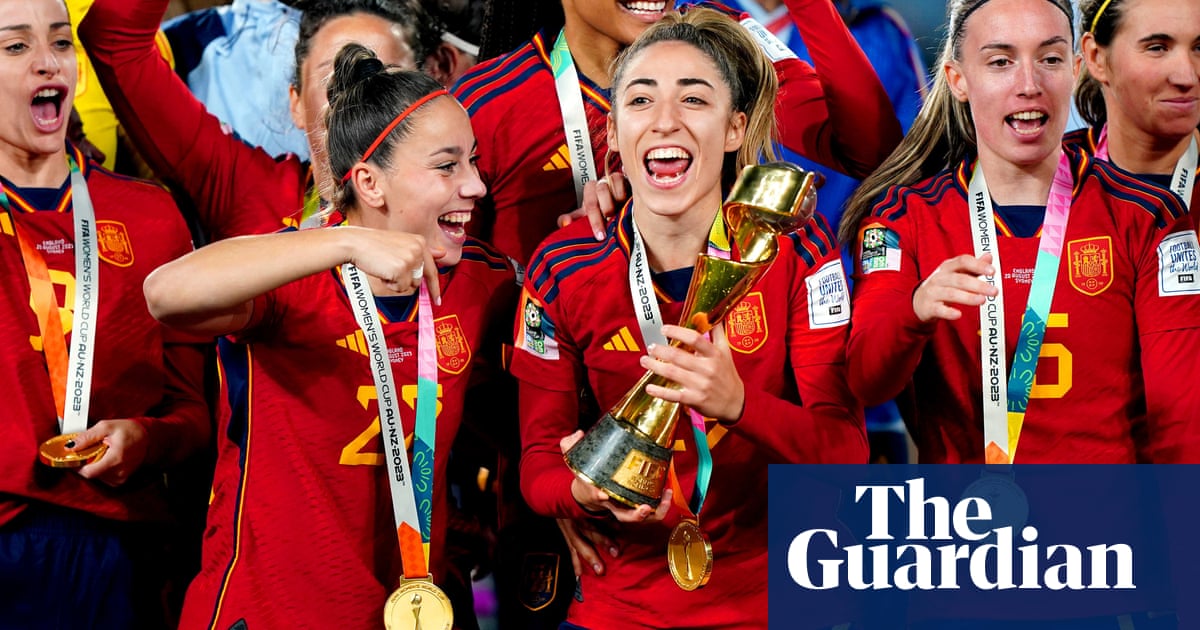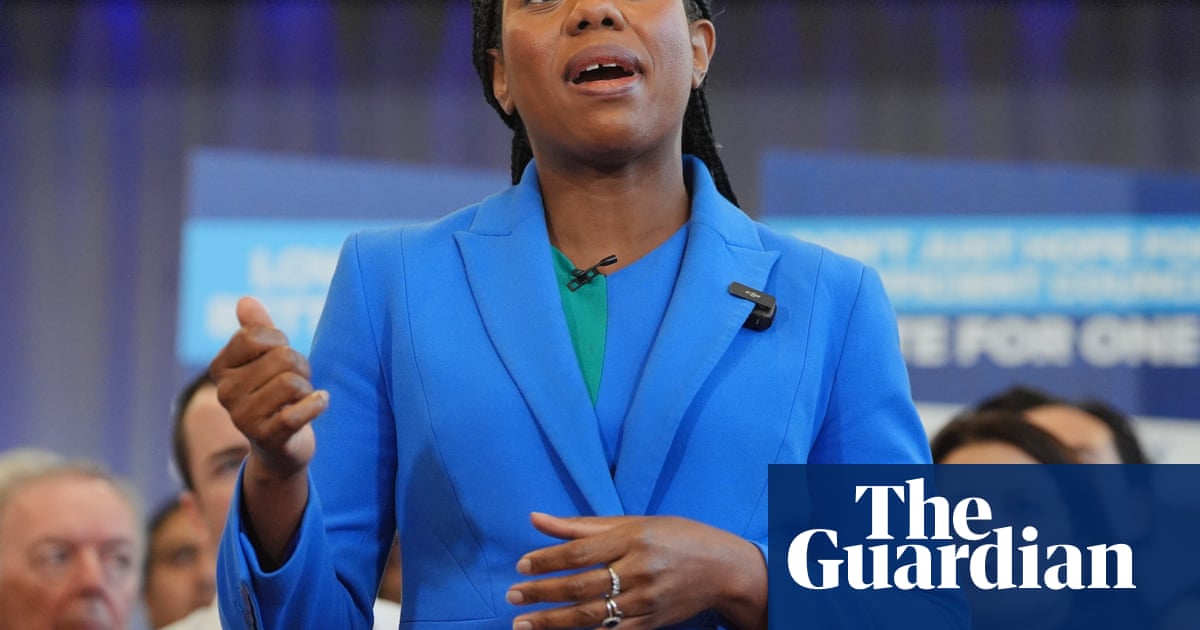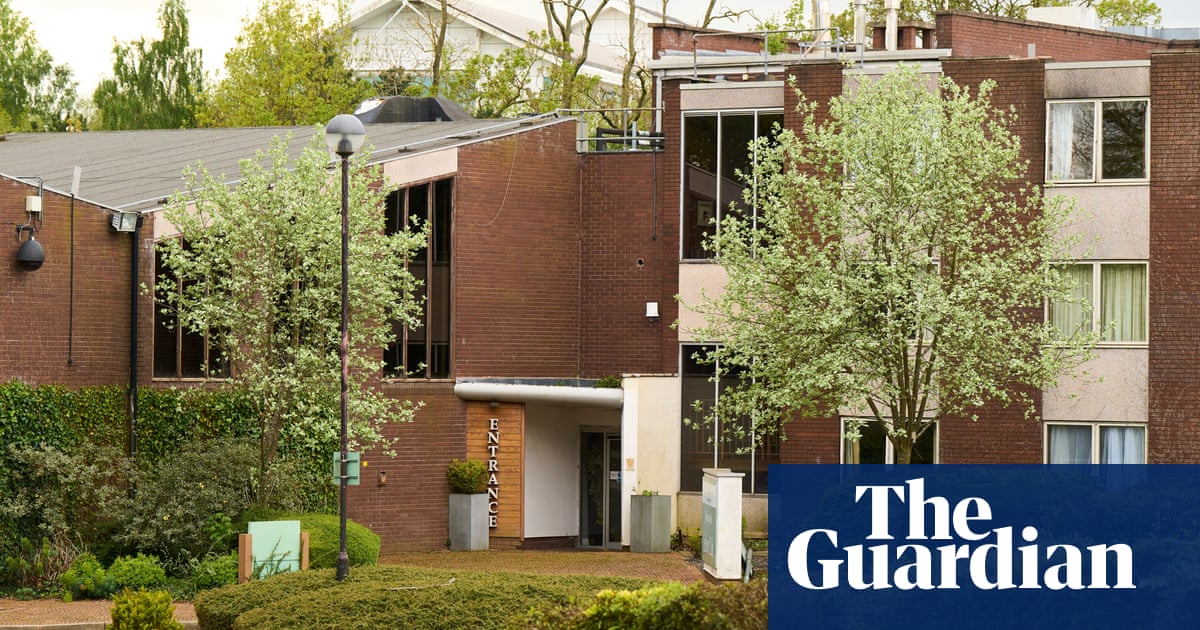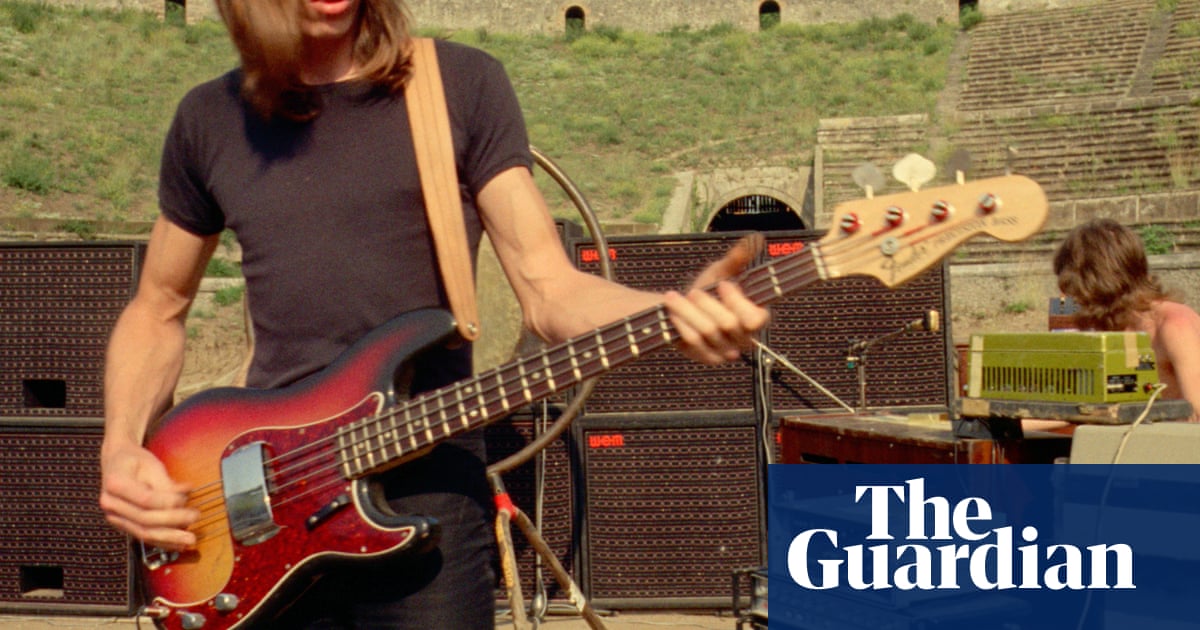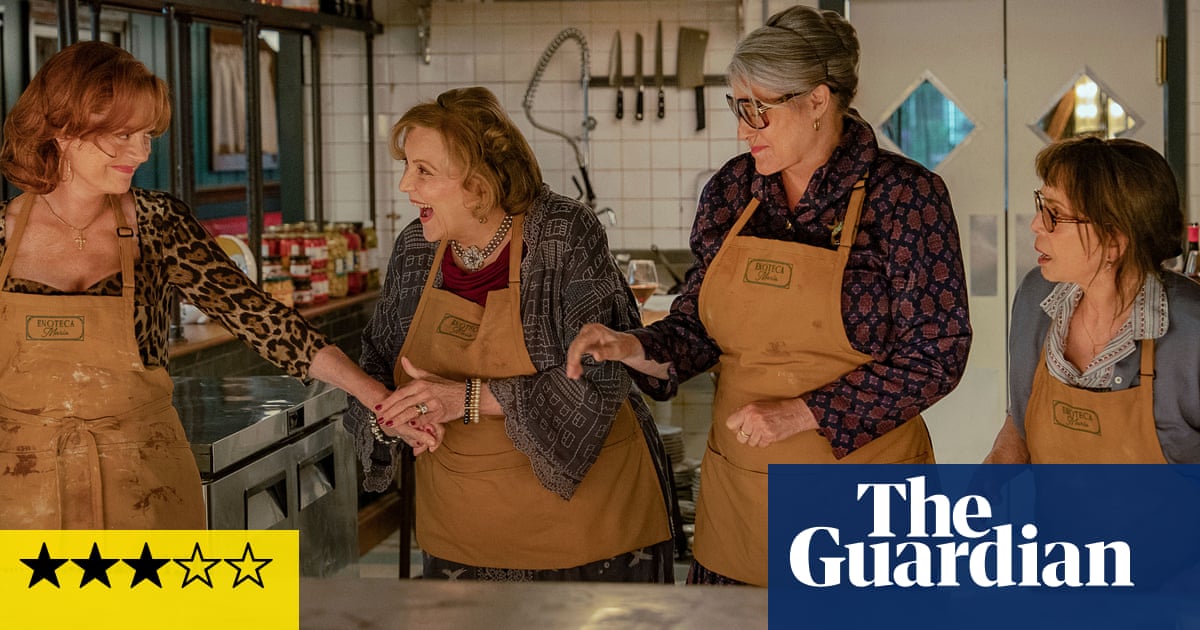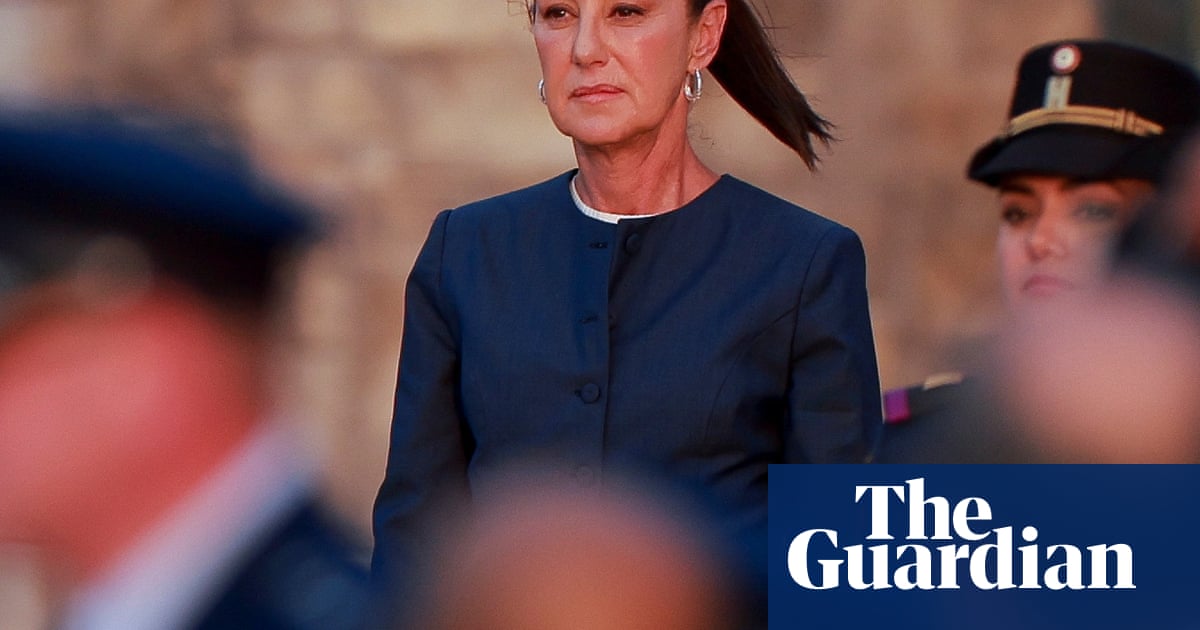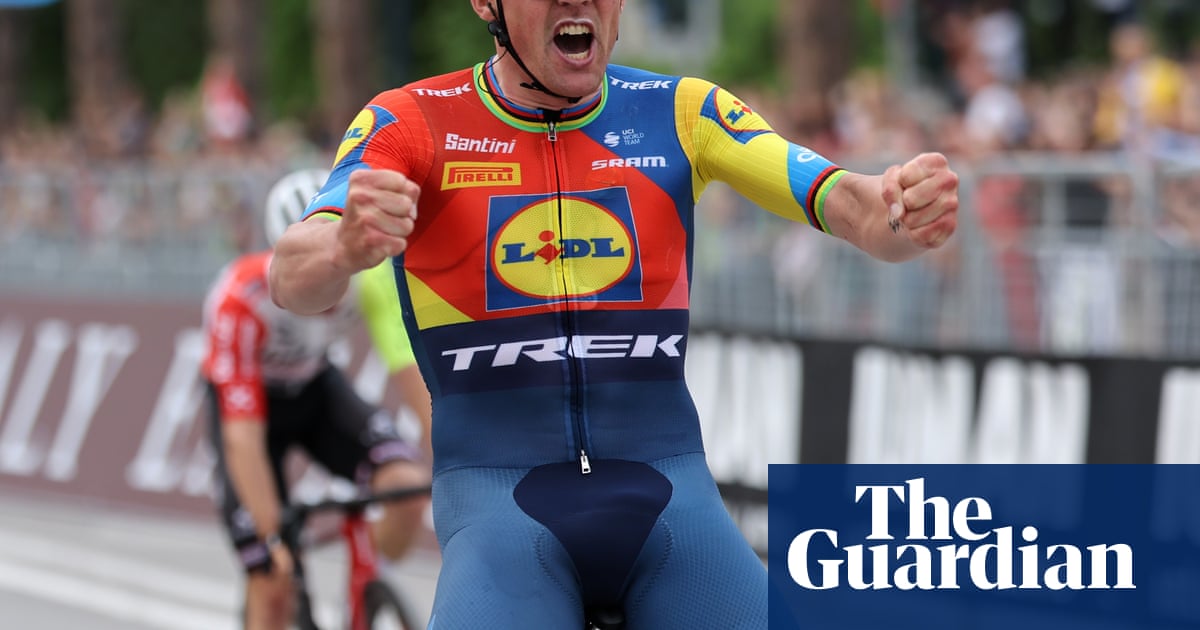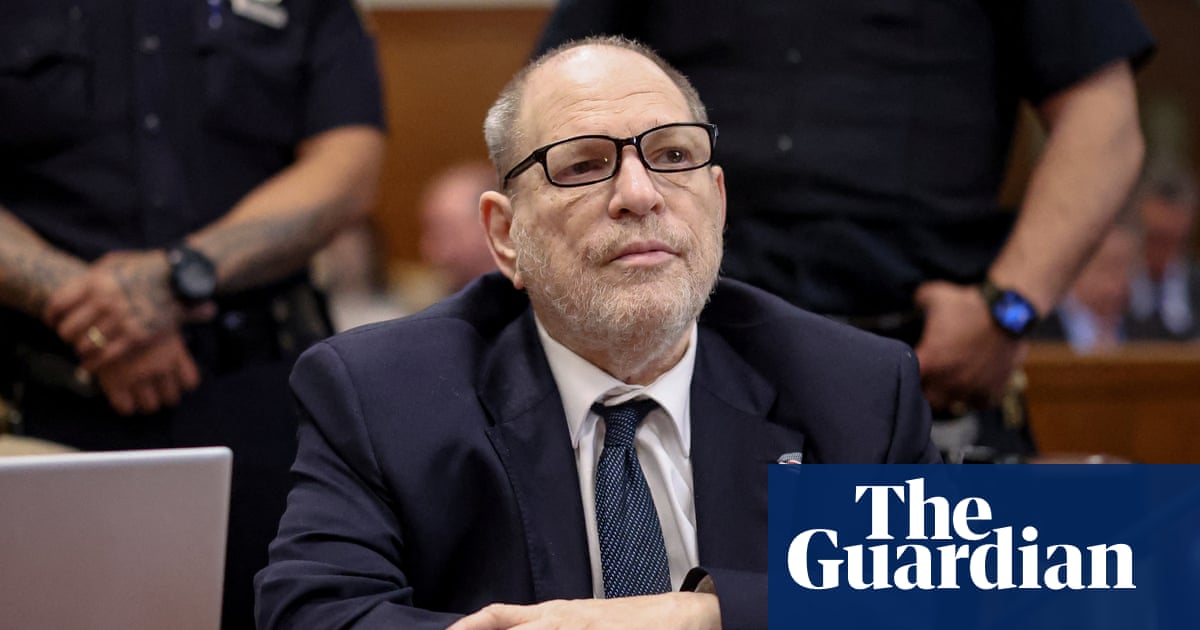Rarely has a Bafta TV awards ceremony taken place against such a background of industry anxiety: plummeting terrestrial ratings, aggressive streamer competition, a precipitous drop in UK production. Even sponsors P&O Cruises will rarely have seen such troublesome seas.
Bafta voters (I am one, but don’t know any final results) will also have brought other external concerns. Jurors may worry that Mr Bates vs the Post Office (premiered January 2024) now feels too old, which could count against Monica Dolan and Toby Jones in the acting categories. (Because of calendar year qualification, Adolescence may have the same problem in 2026.) Also, older voters can be reluctant to see pushy rich streamers thriving: they’ve just about come to terms with Netflix but Disney+ and Apple TV+, who have a strong shortlist presence, may, for some, be the future too far. Here are my preferences and predictions.
Leading actress
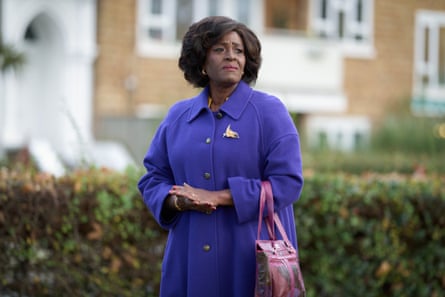
Anna Maxwell Martin won in 2006 and 09 (Bleak House/Poppy Shakespeare) and would merit a triple crown for her visceral performance as a survivor of terrible domestic violence in Until I Kill You. Billie Piper has four previous nominations without an award but risks Scoop, in which she played Newsnight producer Sam McAlister, being seen by message-sensitive voters as a “Prince Andrew show”. But surprisingly receiving her first nod, Sharon D Clarke has long been one of the most electrifying screen and stage performers and deserves to win for the culture-clash drama Mr Loverman.
Leading actor
Clarke’s co-star, Lennie James, is a strong contender in the male category. But, despite exceptional talent and CV, David Tennant scandalously had to wait until last year for a first Bafta chance (in the comedy performance section with Good Omens). He’s still waiting for a statuette and I’d like him to get it for Rivals, in which he brought the depth of a Shakespearean baddie to a TV mogul. But US resident Gary Oldman happens to be in the UK (for his superb Krapp’s Last Tape at the York Theatre Royal) and so would be in easy reach of the stage to add a TV Bafta to his movie one (Churchill in Darkest Hour) for his meticulously dishevelled disgraced spymaster in Slow Horses.
Supporting actor
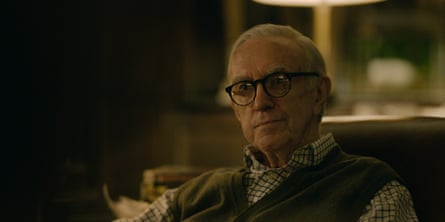
A guarantee of class in any cast for 50 years, Jonathan Pryce has somehow escaped Bafta nomination and should dust off that space on his shelf for his showing as David Cartwright, an elderly spy who can’t remember what he’s meant to forget, in Slow Horses. Pryce would also, unusually, have been worth a slot for his cameo flashbacks as the dead Cardinal Wolsey in Wolf Hall: The Mirror and the Light but that show is represented by Damian Lewis, another strong contender for his portrayal of King Henry VIII: physically widening, mentally declining but still politically and maritally terrifying.
Supporting actress
Baby Reindeer – after largely overcoming early legal and ethical concerns – was a stand-out show and has two nominees here: Jessica Gunning and Nava Mau. Unless they split the stalking drama’s vote, Gunning feels the category favourite. Although there will have been love in the room for Katherine Parkinson, in Rivals’ most empathetic role, and Monica Dolan’s gangster was the best thing in Sherwood. (Plus, this panel won’t know if the best actress jury honoured her for Mr Bates. She may lose both.)
Drama series
At Sunday’s ceremony, much discussion will reflect a sense of the BBC struggling against the streamers’ quantity of top-end fiction. More optimistically, the UK’s oldest broadcaster has 75% of this year’s candidates for best drama series. Sherwood’s second series showed a decline so it feels to be between Wolf Hall: The Mirror and the Light, or, if the panel is feeling more radical, Blue Lights, the break-out Northern Irish police hit. If Supacell nicks it for Netflix, the BBC table will be funereal.
Limited drama
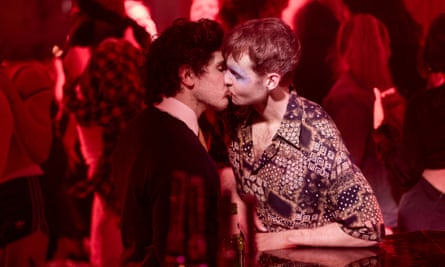
Baby Reindeer already won the best writer prize for Richard Gadd in the drama category of the Bafta Craft awards and, if Mr Bates vs the Post Office is penalised for distant transmission, it should win again. If the jurors needed their hearts warming, One Day or Lost Boys & Fairies might come through. The latter – a fresh and inventive adoption drama – would be a surprising but justified winner.
International
The rise of overseas streamer drama makes Bafta’s single international category look ridiculously cramped. Even more confusingly, two of this year’s six – After the Party and Colin from Accounts – ran on heritage British networks: Channel 4 and BBC Two. That New Zealand/Australia pair are strong runners, with After the Party having found new space in the urgent but crowded territory of abuse accusation. However, as a remake of a 1980 mini-series made with very different cultural and casting assumptions, Disney+’s Japanese epic Shōgun would be the deserving choice for panellists keen to celebrate the New Television.
Comedy
Though a hit, the David Mitchell doppelganger detective show Ludwig may feel more of a drama. ITV2’s G’Wed has already done well to be fighting at this weight and so Alma’s Not Normal, for its last full series, feels the natural winner after a year in which the welfare system and austerity have been central political debates.
Female performance in a comedy

Channel 4’s specialism of edgy humour pays off with three impressive runners: Anjana Vasan (We Are Lady Parts), Kate O’Flynn (Everyone Else Burns) and Nicola Coughlan (Big Mood). Lolly Adefope may suffer for being in a show, The Franchise, that has already been cancelled. Sophie Willan has won before for Alma’s Not Normal and a double would be justified, but this is the last chance to honour Ruth Jones for Gavin & Stacey. This will have been one of the toughest to judge.
Male performance in a comedy
Closed rooms may have an effect here if judges concluded that Danny Dyer (Mr Bigstuff) was more deserving in Rivals, not knowing that he missed a shortlisting there. Young talent dominates with twentysomethings Dylan Thomas-Smith (G’wed), Nabhaan Rizwan (Kaos) and Bilal Hasna (Extraordinary). As a Northampton Town season ticket holder, though, I’m cheering on teenager Oliver Savell for his brilliant mimicry of Alan Carr, son of club legend Graham Carr, in Changing Ends.
Entertainment
Budget cuts have left many shows from the industry’s fun factories looking cheap and not particularly cheerful. So, for its sheer consistency of creativity and attention to detail, Michael McIntyre’s Big Show deserves a second Bafta.
Factual series

In the TV world, there’s much affection and guilt over Andrew Flintoff, who, it becomes increasingly clear, was lucky to survive an accident while filming Top Gear. Disney+ got the documentary on that (a likely contender next year) but his remaining BBC franchise – in which he coaches young cricketers from disadvantaged backgrounds – is charming, informative and socially important, showing the talent that English systems (and not just cricket) miss: a series one discovery just made a county Second XI debut. The second innings – Freddie Flintoff’s Field of Dreams on Tour – was even higher-scoring.
Soap
The least tense category in Bafta history, as the annual shortlist now involves choosing three from five and then rotating the winners around that trio. EastEnders has already had a special award in the Craft section so, in one way, it would be odd if the BBC long-runner didn’t also win this. Then again, that might expose the category’s limitations. It feels like a birthday battle between EastEnders, reaching 40, and Coronation Street, now 65, ahead of Casualty being honoured next year for four decades.
Reality/entertainment performance
With soap advertising the weary longevity of some series, new breakout successes (increasingly rare) are at a premium in all sections. In a culture of reboots and remakes, The Traitors, though adapted from a Dutch template, is a genuine sensation and deserves recognition, having been overlooked for its first series. Claudia Winkleman did win entertainment performance last year and seems the biggest challenger again to Ant & Dec (three previous wins, six nominations) and Graham Norton (six wins, five nominations). Regardless of what happens here, Winkleman’s three hit shows – Strictly Come Dancing and The Piano as well as The Traitors – surely mark her as a special award or Bafta fellowship waiting to happen.
Memorable moment
I was on the nominating panel for this but the final vote is public. Mr Bates, Bridgerton, Gavin & Stacey, Rivals, Strictly and The Traitors will all have support. The naked tennis scene in the Jilly Cooper adaptation really made a social media racket but more viewers will have seen Smithy’s wedding so it feels like a golden goodbye to Gavin & Stacey.

 8 hours ago
7
8 hours ago
7
